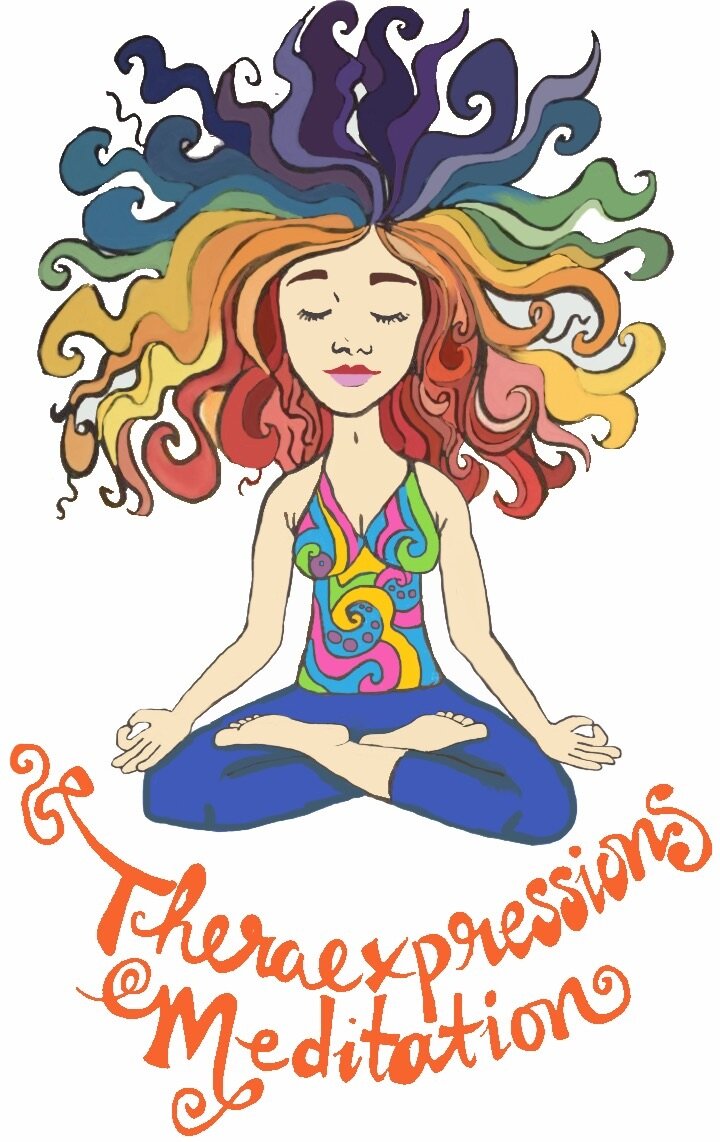Samkhya Philosophy
The Four Main Components of Life
Śarīra: Body
Indriya: Senses
Sattva: Mind
Ātma: Soul
The four aims of life
Dharma: moral conduct
Artha: material prosperity
Kāma: enjoyment of pleasures
Mokṣa: freedom from the cycle of birth and death
8 Limbs of Ayurveda
Śalya: surgery
Śālākya: treatment of disease in the head
Kāyacikitsā: treatment of ordinary diseases
Bhūtavidyā: the process of counteracting the influence of evil spirits
Kaumārabhṛtyā: pediatrics
Agada tantra: antidotes to poison
Rasāyana: the science of rejuvenation
Vājīkaraṇa: the science of aphrodisiacs
Samkhya Philopsophy
• Puruṣa: spirit as the conscious principle of existence and true self of every individual
• Prakṛti: expressed as primordial matter through the three guṇas: sattva, rajas, and tamas
• Mahat/buddhi: the pure, discriminative intelligence that underlies the intellect
• Ahaṁkāra: the Ego, which gives rise to the sense of self
• Manas: the thinking mind
• The five jñānendriyas: organs of perception: sight, hearing, smell, taste, and touch
• The five karmendriyas: faculties of action: hands, feet, tongue, genitals, and anus
• The five tanmātras: subtle elements, including sound, touch, color, flavor, and odor
• The five mahābhūtas: universal elements: ether, air, fire, water, and earth

